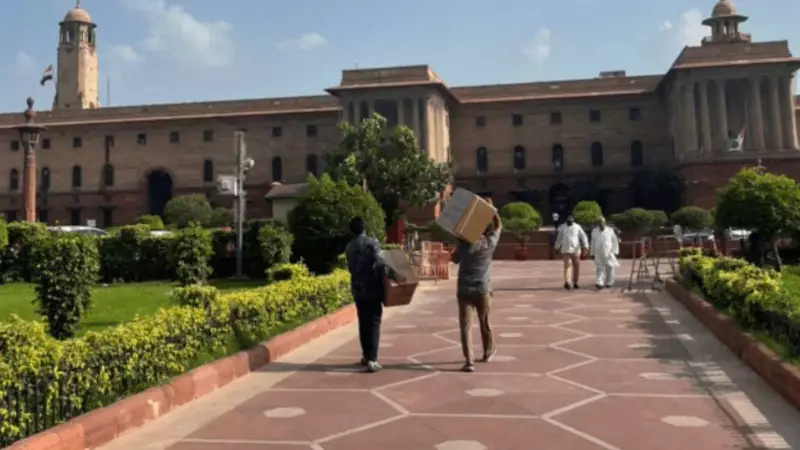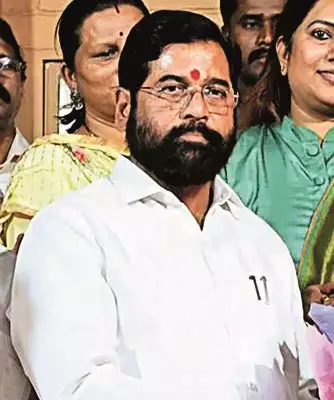
The landscape of power in India's capital is undergoing a profound transformation, not just in policy but in nomenclature. The recent renaming of Delhi's most iconic addresses represents more than mere semantic changes—it signals a fundamental shift in how India perceives and projects its governance identity.
The New Lexicon of Power
What was once known as 'North Block' now stands as 'Kartavya Bhavan,' while the ceremonial boulevard leading to Rashtrapati Bhavan has shed its colonial-era title to become 'Kartavya Path.' These changes aren't isolated incidents but part of a broader pattern of decolonizing India's administrative vocabulary.
Beyond Symbolism: The Philosophy of 'Kartavya'
The choice of 'Kartavya' (duty) as the recurring theme in these rechristenings speaks volumes about the evolving philosophy of governance. Unlike the impersonal 'North Block' that simply denoted geographical location, 'Kartavya Bhavan' embeds the concept of duty and responsibility into the very identity of the institution.
This linguistic shift mirrors similar transformations across the capital. The President's Estate, once known by its British-era name, now operates from 'Rashtrapati Bhavan'—a title that firmly establishes its Indian character while maintaining its constitutional dignity.
Architectural Continuity, Cultural Evolution
Interestingly, while names are changing, the architectural heritage remains preserved. The magnificent structures designed by Sir Edwin Lutyens and Sir Herbert Baker continue to dominate Delhi's skyline, but they now house institutions with distinctly Indian identities.
This balance between preserving historical architecture while reinventing institutional identity represents a sophisticated approach to nation-building—one that honors the past while firmly orienting toward an Indian future.
The Ripple Effect Beyond Delhi
The renaming initiative extends beyond the capital's power corridors. From roads to buildings, there's a conscious effort to replace colonial-era names with those that reflect Indian values, historical figures, and cultural concepts.
This movement raises important questions about historical preservation, cultural identity, and the politics of memory. While some see it as necessary decolonization, others view it as rewriting history. What's undeniable is that these changes are reshaping how Indians interact with their administrative spaces.
The Future of India's Administrative Identity
As India continues this journey of reclamation, the conversation extends beyond mere names to the very essence of how governance is perceived. The shift from location-based nomenclature to value-based titles like 'Kartavya' suggests a deeper transformation in the relationship between the state and its citizens.
This evolution represents a fascinating case study in how young nations negotiate with their colonial past while crafting a distinct contemporary identity—one building at a time, one name at a time.






